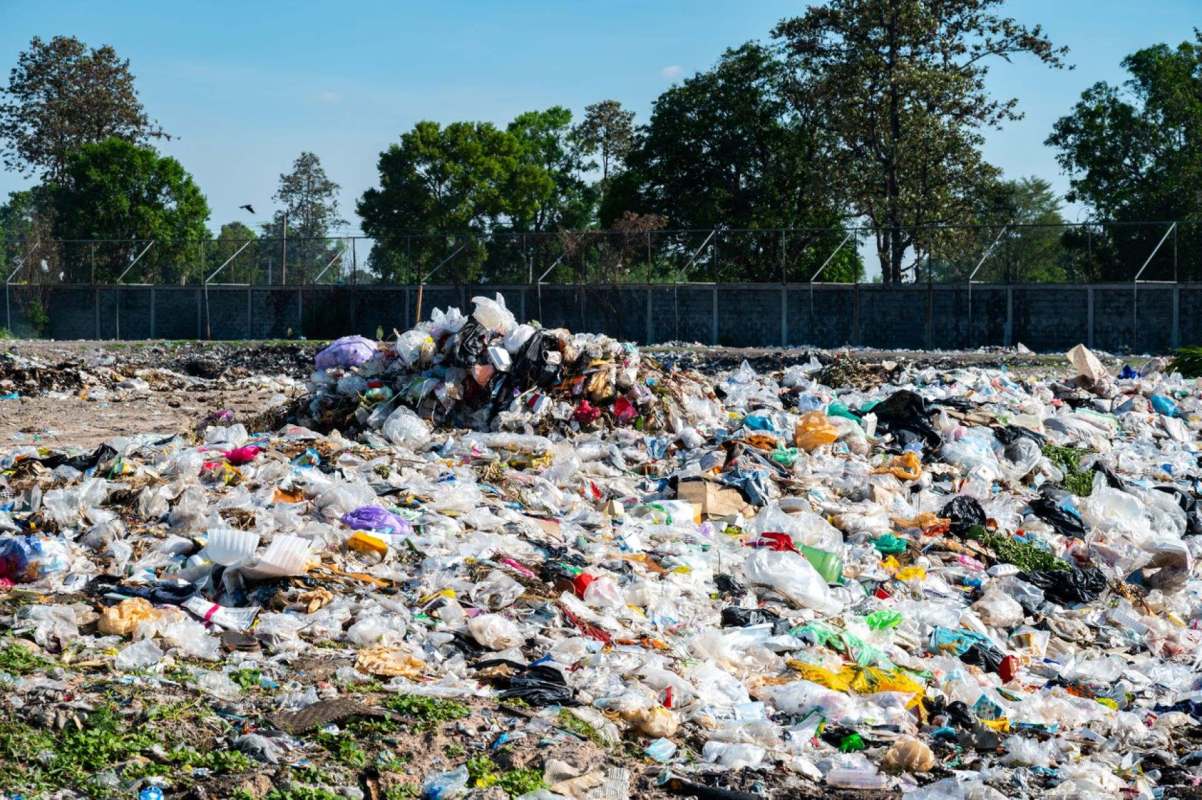A new study published in Nature Communications reveals that humans may be caught in a self-inflicted loop that is costing us money and exacerbating the dangerous rise of global temperatures.
What's happening?
As detailed by Phys.org, researchers in Sweden found that plastic and our planet are locked in "a vicious circle," with both factors "reinforcing" each other.
The study pointed out that plastics break down faster when temperatures are higher, creating the need for the production of more of the material, which is used in everything from food packaging to auto parts to appliances.
Manufacturing plastic also releases the heat-trapping gases that have led to an overheating planet — which simultaneously adds more moisture to the air that degrades the material at a faster rate.
"The combined effects of rising temperature and moisture create very challenging conditions for these polymers," said Xinfeng Wei, a researcher at KTH Royal Institute of Technology in Stockholm.
Why is this concerning?
The faster plastic breaks down, the more money will be spent on replacing products that use the material. That's already not great for our wallets, but the potential health consequences are even more worrying, as plastics contain toxic chemicals that have been linked to cancer, diabetes, and reproductive issues.
In January, a study published by Journal of the Endocrine Society wrote that plastics "contribute substantially to disease and associated social costs in the United States" and estimated the impact at $250 billion for 2018.
The production of plastic has also been growing at an incredible rate to meet demand, and that releases harmful fumes into our atmosphere, as most plastics are made from dirty energy. According to the United Nations, health damages from air pollution cost an estimated $8.1 trillion worldwide every year.
What is being done about this issue?
The U.N. announced that a legally binding treaty aimed at reducing pollution associated with plastic manufacturing, use, and disposal is expected to be agreed upon by the end of the year.
The agreement should help build upon efforts by national and local governments already working toward cutting down on plastic waste, with India, Kenya, New Zealand, and multiple U.S. states among them. Ditching single-use plastic items in everyday life can also help.
"Preventing plastic pollution can reduce the incidence of disease, disability, and early death, and its attendant human suffering and health care costs," Defend Our Health executive director Michael Belliveau said in a statement for the Endocrine Society.
Join our free newsletter for weekly updates on the coolest innovations improving our lives and saving our planet.









